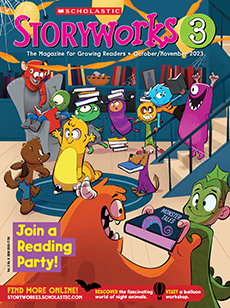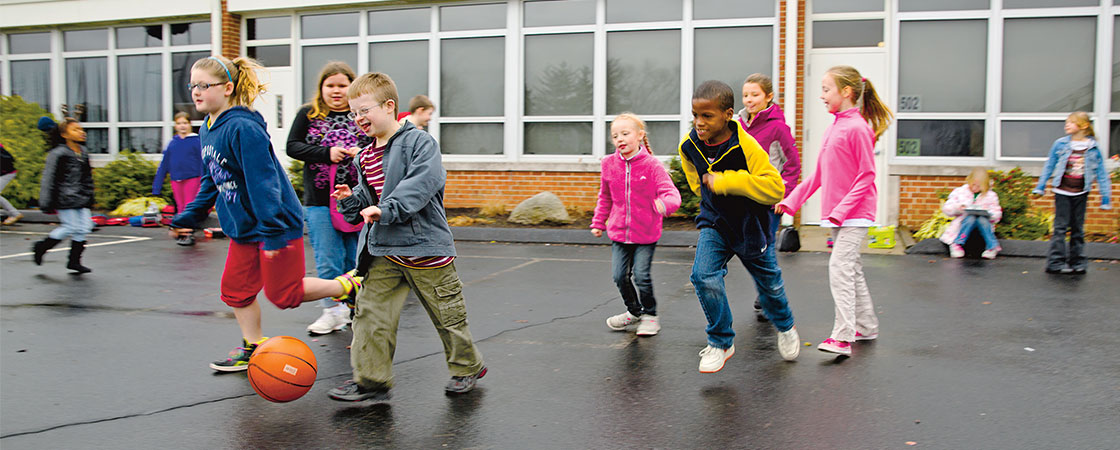While standing on the blacktop at New Richmond Elementary School, I noticed something strange. The kids at this Ohio school were playing soccer, but none were aiming to score a goal. They were just trying to kick the ball to one player: 10-year-old Isaac Friedman. That was the game. Get the ball to Isaac so he could kick it. Kicking the ball made Isaac happy.
Isaac has Down syndrome (DS). This condition affects just about every part of his body and his life. DS is not an illness. Nobody can “catch” it from someone who has it. People with his condition are born with it. Because he has DS, Isaac learns slowly. Like many people with DS, he doesn’t have strong muscles. Sometimes he has problems digesting his food.
While standing outside at New Richmond Elementary School in Ohio, I noticed something strange. The kids were playing soccer, but none wanted to score a goal. They were just trying to kick the ball to one player: 10-year-old Isaac Friedman. That was the game. Get the ball to Isaac so he could kick it. Kicking the ball made Isaac happy.
Isaac has Down syndrome (DS). This condition affects about every part of his body and his life. DS is not an illness. Nobody can “catch” it from someone who has it. People with his condition are born with it. Because he has DS, Isaac learns slowly. Like many people with DS, he doesn’t have strong muscles. Sometimes he has problems digesting his food.

